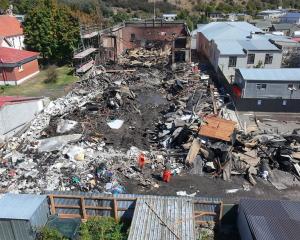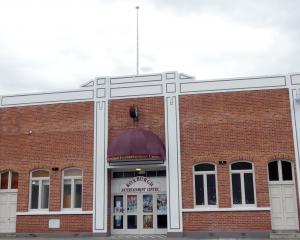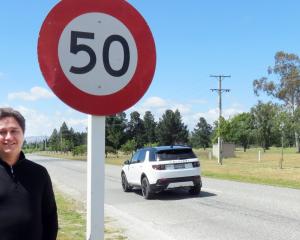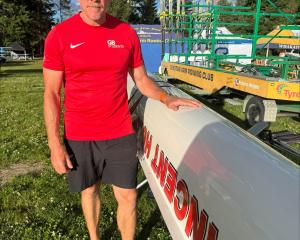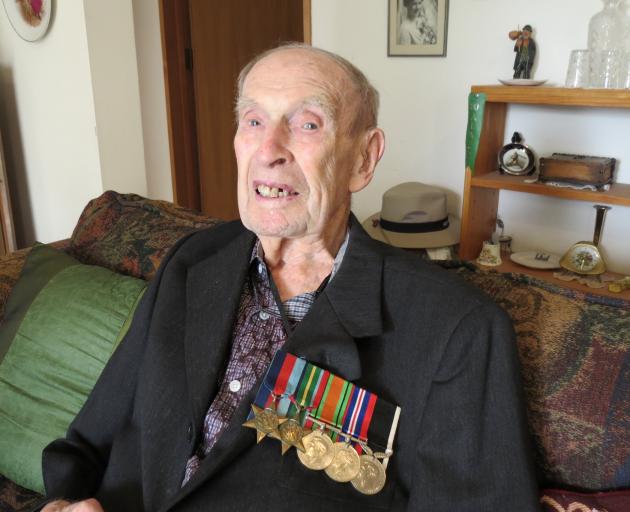
And on April 25 every year, the 101-year-old Cromwell veteran has risen early, donned his suit and medals, and attended Anzac Day services to pay his respects to his fallen comrades.

Tom Landreth’s Anzac Day commemorations started when he was a child, in memory of those who fought in World War 1.
His father William Landreth and uncle Tom Fraser were among them. They both fought at Passchendaele.
His uncle was killed and his father survived, but he did not escape unscathed.
In the line of duty William, whose platoon was basically wiped out, injured his arm.
‘‘His left arm was infected while crawling through the mud so it had to be amputated, which left him with a short stump and artificial arm, which he was never able to use,’’ Mr Landreth said.
War was something Mr Landreth has always been well aware of.
‘‘As a kid, I was conscious of the after effects of World War 1,’’ he said.
‘‘In the earlier part ... there was a general feeling of relief and sort of hectic rejoicing really - after all, they had finished what was called The Great War and that was the war to end all wars, which, of course, didn’t happen.’’
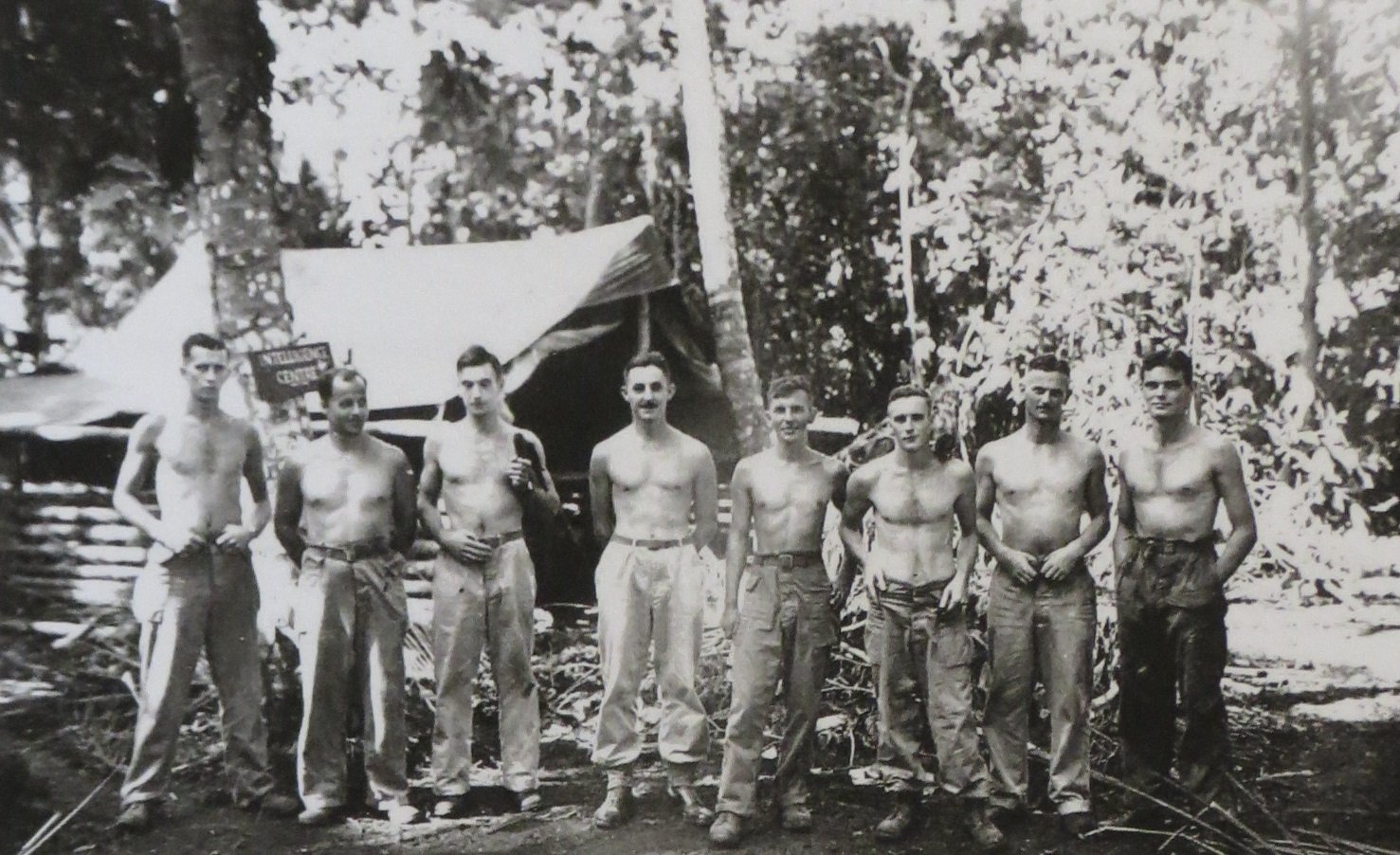
At that time he was studying science at the University of Otago, which he started in 1937.
‘‘Getting towards 1939 we could see it coming, that there was going to be another conflict with the rising of Hitler and Germany.’’
He finished his degree before joining the army, which included a stint at Burnham, where he spent his 21st birthday.
By 1941, Japan was advancing down through the Pacific, ‘‘island hopping’’, he said.
‘‘They made the mistake of attacking the American fleet in Pearl Harbour, hoping to knock it out.
‘‘They had a fair hold on it, but didn’t quite get what they wanted.’’
Mr Landreth, who was part of the 14th brigade in the third division of the 37th Battalion, initially went to war as a stretcher bearer in the Pacific.
‘‘Then they found out about my master’s degree in science [and thought] I would be better in battalion headquarters in the intelligence section.’’
His job was to act as liaison between the headquarters and the companies in action.
He served in Fiji and later in New Caledonia to act as a support troop for the Americans.
Mr Landreth and his comrades later moved on to the Treasury Islands, which were at risk of being bombed by the Japanese.
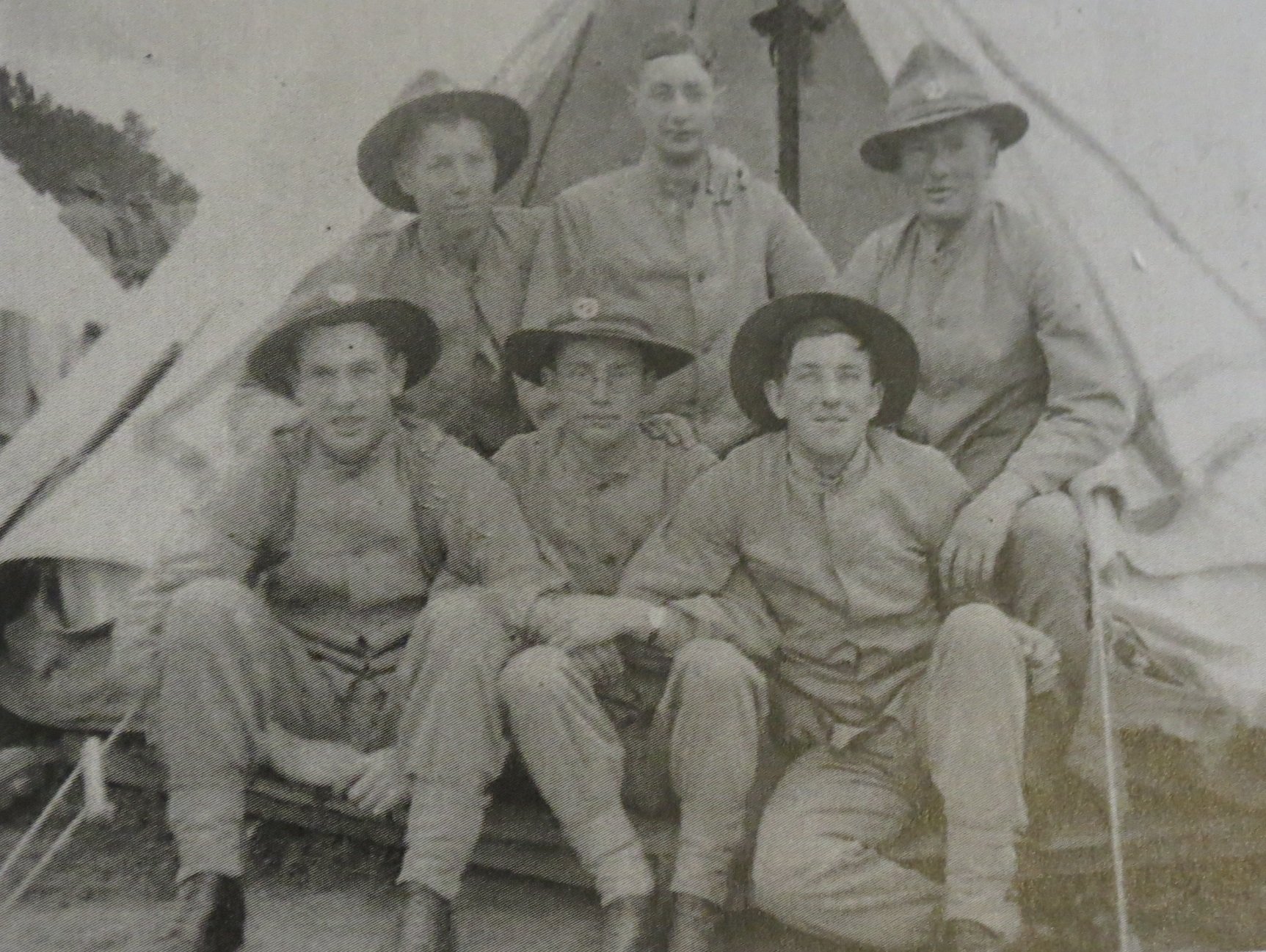
At that time, more than 8000 New Zealand prisoners of war were freed.
Japan did not surrender until August 1945, after atom bombs were dropped on Hiroshima and Nagasaki.
Finally, World War 2 was over.
‘‘We were pleased,’’ Mr Landreth said.
However, he expressed sadness that almost 80 years later, tensions still existed.
‘‘It’s a certain amount of disappointment that things still seem to be a bit uncertain internationally.’’
Today people will gather in their community to remember and commemorate the work men and women did to protect our nation.
It is a day Mr Landreth treasures.
‘‘It’s always an opportunity to honour those that gave their lives in the effort to retain our freedom."
ALEXIA.JOHNSTON @thenews.co.nz



